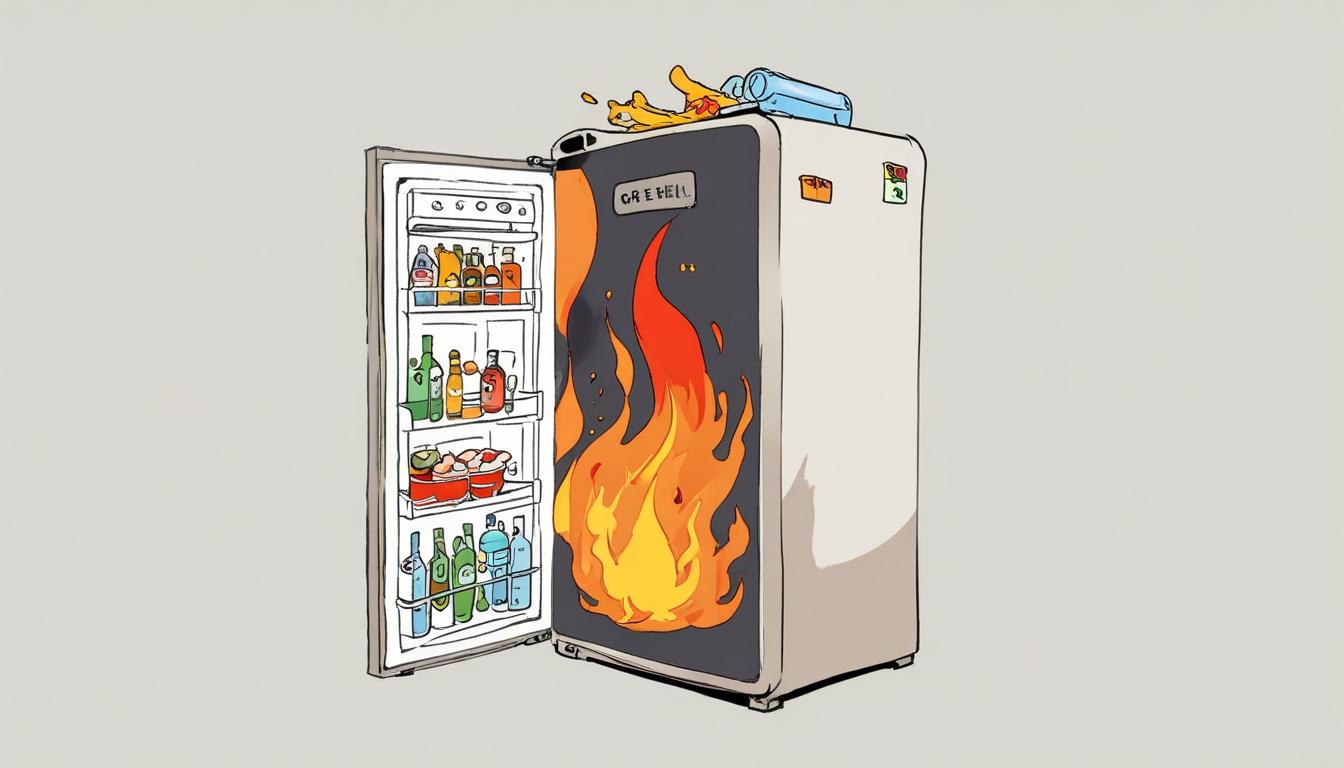Kensington and Chelsea council has launched legal action against Beko Europe, formerly Whirlpool, alleging the company failed to conduct proper safety testing on the Hotpoint fridge-freezer identified as the initial source of the 2017 Grenfell Tower fire. The devastating blaze, which claimed 72 lives, spread rapidly through flammable cladding installed during the tower's refurbishment. The council’s lawsuit asserts that insufficiently tested materials within the appliance contributed to the fire’s origin and rapid escalation.
The legal claim, initiated at the High Court, forms part of a broader £358 million litigation effort pursued by the Royal Borough of Kensington and Chelsea alongside the Kensington and Chelsea Tenant Management Organisation—responsible for managing the housing stock, including Grenfell Tower. Court papers filed this year allege that key components of the fridge-freezer, such as plastic backing, foam, and polystyrene, were not adequately tested against fire safety standards and would have failed if they had undergone proper examination.
Lawyers representing the claimants, including David Turner KC and Clare Dixon KC, argue that Whirlpool breached its statutory duty under the Electrical Equipment (Safety) Regulations 1994 by supplying a fridge-freezer that was not safe. Specifically, the filing states, "It should have been obvious to any reasonably competent designer, manufacturer, and/or supplier of the Fridge-Freezer that the Plastic Backing was not resistant to ignition and/or the spread of fire." Alongside claims of statutory breach, negligence is also cited.
Whirlpool, whose European domestic appliance business merged last year with Turkey-based Arçelik to form Beko Europe, responded to the allegations by stating: "Whirlpool Corporation disputes and is vigorously defending the proceedings brought by the Royal Borough of Kensington and Chelsea. It would not be appropriate to comment further on ongoing litigation." Neither Beko nor its legal representatives, law firm Cooley, have issued further comment.
The Grenfell Tower Inquiry's chair, Sir Martin Moore-Bick, previously concluded “the evidence, viewed as a whole, leaves me in no doubt that the fire originated in the large fridge-freezer” located on the fourth floor of the 24-storey block. While the precise fault in the appliance was not established, the inquiry revealed numerous failings by institutions, companies, and individuals over many years. The refurbishment project was criticised for transforming a structurally sound concrete structure into what the inquiry described as a “death trap,” with multiple firms implicated in the installation of combustible cladding that facilitated the lethal spread of the fire.
The council itself was not exempt from criticism, with the inquiry highlighting shortcomings in its building control processes. Kensington and Chelsea publicly accepted the inquiry’s findings last year and issued an unreserved apology, affirming the implementation of significant operational reforms since the tragedy.
In its statement regarding the ongoing legal steps, the council said: “We have issued legal proceedings against a number of companies, in line with the council’s ongoing commitment to ensure those parties pay a share of the costs incurred against the public purse.”
The Financial Times is reporting on this development as part of the continuing efforts to clarify accountability in the Grenfell Tower disaster eight years on.
Source: Noah Wire Services
